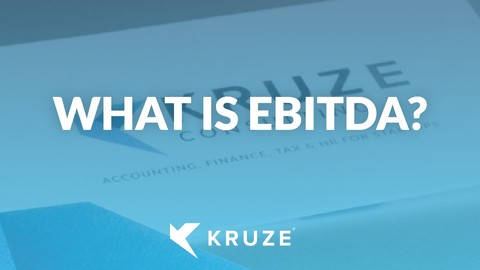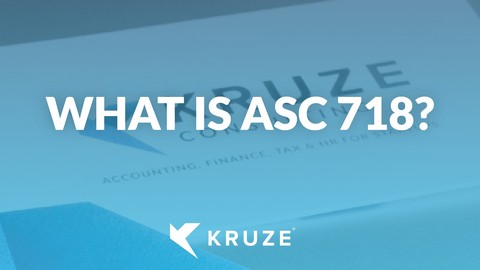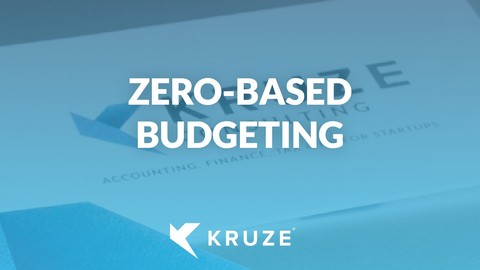
Increasing numbers of startup companies are using cryptocurrencies for operational, transactional, and investment purposes, and the wide range of these transactions creates a need for crypto accounting. These startups are taking advantage of the convenience, security, and portability of crypto assets for vendor and contractor payments, smart contracts, decentralized applications, and more.
Cryptocurrency is a digital token that’s recorded using a distributed ledger infrastructure, called a blockchain. The tokens provide owners with various rights. Cryptocurrencies can be used as a medium of exchange. Other types of crypto assets can represent ownership interests in tangible or intangible assets, and they can grant the right to use services or assets. Companies typically hold crypto assets in digital wallets.
As crypto’s popularity grows, even more companies will rely on it. At Kruze Consulting, approximately 5-10 percent of our SaaS clients have crypto transactions in any given month. However, financial accounting for crypto assets can be complex.
How startups use crypto
Most of the crypto used by startups falls into two categories: investment and transactions. However, crypto assets aren’t equivalent to cash, because they may regularly have significant swings in value. Crypto holdings are still an asset, though, and the startup’s accounting processes need to recognize crypto in a company’s financial statements.
Crypto accounting for Investments
Currently, most companies account for crypto as an intangible asset with an indefinite life. Cryptocurrencies are recognized at their cost basis on balance sheets. However, under GAAP rules, only unrealized losses, not gains, are recognized for intangible assets. If the crypto asset’s value drops below the cost basis, that loss, or impairment, gets recorded.
In addition, GAAP rules don’t allow companies to reverse those losses, even if the company’s crypto holdings regain or surpass their original value. So if your company purchases $100,000 of cryptocurrency, and its value declines to $80,000, you have to recognize a $20,000 loss and reduce the cryptocurrency’s value on your balance sheet. That value stays at $80,000, even if the crypto increases in value to $150,000. If your company sells the asset at that price, you would have a capital gain of $70,000 ($150,000 sale price - $80,000 book value).
From an accounting standpoint, a company’s crypto holdings could confuse investors looking at balance sheets. Companies can, however, provide disclosures if they feel they need to explain any issues to investors. To address capital gains taxes, companies using crypto will need to distinguish between short- and long-term capital gains based on how long the crypto assets have been held.
Crypto accounting for Transactions
If your company uses cryptocurrency to pay a vendor or contractor, the transaction would be recorded in the same way as a sale. If the asset appreciates in value and you use it to pay a vendor, you would recognize a capital gain. Again, the length of time the cryptocurrency has been held will determine the capital gains tax required.
For that reason, using crypto for regular transactions requires carefully recording each transaction and compiling that information to correctly account for impairments and gains. So companies need accounting processes in place to track crypto assets, their cost basis, how long they have been held, any impairment, and any transaction fees. If your company is using cryptocurrency for payments, it should be stored in a separate wallet from crypto assets that are being held to appreciate in value.
Accounting for other crypto assets startups might use
Non-fungible tokens, or NFTs, are another type of crypto asset that is increasing in popularity. NFTs are created or minted to represent both tangible and intangible assets and have a unique digital signature that certifies that the asset is unique. Using the same blockchain technology, ownership of the item is recorded. Ownership of the underlying asset can be transferred, or ownership can remain with the original creator and the NFT might simply represent the right to access and use the asset.
The sale of NFTs could create taxable events, depending again on the cost basis, sale price, and other variables. NFTs can also be programmed with “smart contracts” that generate royalty payments to the original creators or a designee every time the NFT is sold, which would need to be recognized as a cost of goods sold. In addition, when transferring an NFT, tax rules require you to identify if the transfer is a sale of property, or if the transfer is a license or right to use the property. Both situations have different tax implications.
Crypto accounting impacts on financial reporting and corporate taxes
- The important thing to remember is that crypto transactions can create taxable events, some of which may not be obvious. For example, if your company has been promised payment in a specific number of crypto tokens, those tokens may increase in value before your company takes ownership, making the new value your revenue. If your revenue gets really high, it could push your startup into a profit, which means you may own corporate income tax. And selling crypto assets that have increased in value creates a taxable gain. If you don’t plan for that by making quarterly estimated tax payments, you could have a large tax bill at the end of the year.
-
Staking taxation
- Companies that get crypto assets through staking - on many blockchains, a that involves actively participating in transaction validation (similar to mining) on a proof-of-stake (PoS) blockchain - also face unique tax challenges. The IRS published Rev. Rul. 2023-14, addressing the taxation of rewards received through staking cryptocurrency. This ruling provides more information on how to account for staking taxes:
- Inclusion in Gross Income: The ruling states that rewards from staking need to be reported as part of a taxpayer’s gross income in the year they acquire control over the rewards.
-
Determining Value: The valuation of the staking rewards is determined based on the time and date the taxpayer acquires control over the rewards.
- An example: Suppose you stake 200 units of a certain cryptocurrency and gain an additional two units as rewards for validation. According to this ruling, the fair market value of these two units should be reported as part of your gross income at the point you have the freedom to sell, exchange, or otherwise dispose of them.
- Applicability of the Ruling: The ruling is applicable to both direct staking and staking through a cryptocurrency exchange.
The increasing complexity of crypto assets means that accounting for them is also becoming more complicated. At Kruze Consulting we are working with digital companies that are developing software to store and record information about crypto assets that can then be transferred to Quickbooks, providing a clear record of transactions for financial purposes. Crypto accounting is complex, but we expect software to make it much, much easier. If you have questions about how your startup should handle financial accounting for crypto assets, please contact us.
New Crypto Accounting Software Vendors Emerging
Thankfully, new accounting software providers are cropping up to try to help startups manage their crypto accounting. We go into detail on who these vendors are and what features to look for on our crypto accounting software page.
How to find a good crypto accountant

While accounting thought leaders publish white papers on how blockchain will enable better auditing and bookkeeping, the best crypto accountants are focused on what companies and investors need now - coherent financial statement preparation that correctly explains the state of a business using blockchain technology.












